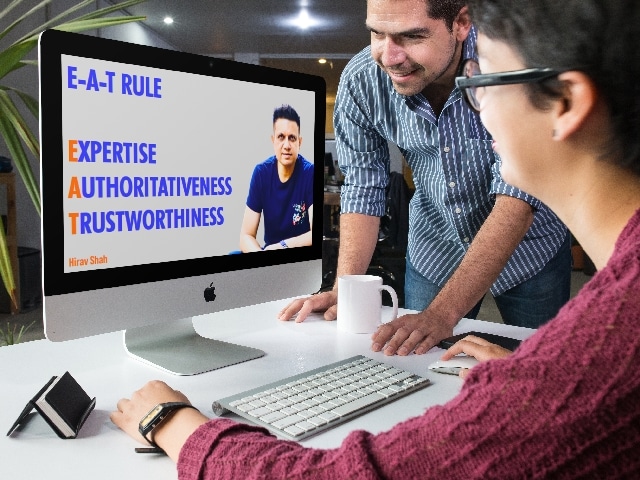Table of Contents
Invest in learning now…
Time to Rise!
Time to Shine !
Get Up!
Pull up your socks.
It’s finally a brand New Year.
Life is too short to look back.
Life is too short to regret.
Life is too short to worry.
Life is too short to delay.
Life is too short to wait.
Don’t wait for magic to happen.
Invest in learning now…
Invest in wisdom now…
Invest in “Knowledge” now…
Nothing like the beginning of something to set plans, make predictions and start the journey to a much better and brighter outcome than 2022.
Why Knowledge is The New Currency
For a better and brighter outcome, you need a lot of things, more importantly, “knowledge”. And more knowledge. And more depth. And more knowledge.
- Knowledge is everything. It is the power!
- It is the new currency that can allow you to take part in the conversations of today and tomorrow.
- Expertise, education and insights aka “knowledge” in one word is indeed the “new and the ultimate currency”. Yes.
Meanwhile, by next decade, India will have the world’s largest workforce. - With the right knowledge, the youth can certainly reach newer heights and add value to the economy’s growth.
Knowledge is qualitative currency that has the ability to propel economic growth. - The way the world is evolving, with growth in technology, data is driving the way machines and humans interact, bringing in many disruptive sets of sources that demand consistent and constant knowledge upgrade.
- It is knowledge and only knowledge that enables us to discover new possibilities and invent or create newer abilities.
- India, one of the fastest growing economies, has a huge potential to become a leading knowledge economy as long as education, regulatory and infrastructure barriers are streamlined.
- But methodologies of teaching need to be relooked; focus should be to encourage creativity and logical thinking amongst students/people.
How to acquire more Knowledge for Startups and Businesses?
- Competencies—yes its the key
- The most important competencies are willingness to learn and inherent curiosity.
- Willingness to acquire new knowledge prepares one to keep up with modern tendencies and trends. Well-educated natives can immensely contribute not only to the growth of any company, but also to economic growth.
- Analytical skills, communication skills and problem-solving skills, among others, are complementary to basic foundation skills.
Even more than other working public, knowledge workers rely on workplace competencies. - To facilitate these competencies amongst students, special focus needs to be put on the development of curriculum, innovation, educational infrastructure as well as on the generic skills improvement and enhancement of the use of technology as a tool in teaching and other innovative learning processes that can be evolved through distance and online learning programmes.
From Business Point Of View
- When it comes to business, the more knowledge you have, the better your business will be.
- Your business will be profitable, will be able to grow faster, you will make better decisions, and mostly have a flourishing and a prosperous business.
- When you have deep knowledge, your consumers will enjoy buying from you and your staff will trust that they are working for a good organization.
- Hence, knowledge in business has real power. It controls access to advancement, progress, evolution, growth and opportunities.
- With a formal knowledge management system in place, knowledge retention strategies could be part of the procedures of any company/organization.
Conclusion
No burglar, however skillful, can rob of your knowledge, and that is why knowledge is the safest and the best treasure to acquire.
Knowledge has indeed become a valuable resource for modern companies, organizations, including governments, and has been called the new currency of the 21st century. Hence, there is a need to put in place mechanisms for sharing all the available knowledge resources from both external and internal sources in order to add value to the strategies and goals of our institutions, our organizations and our Nation.




























